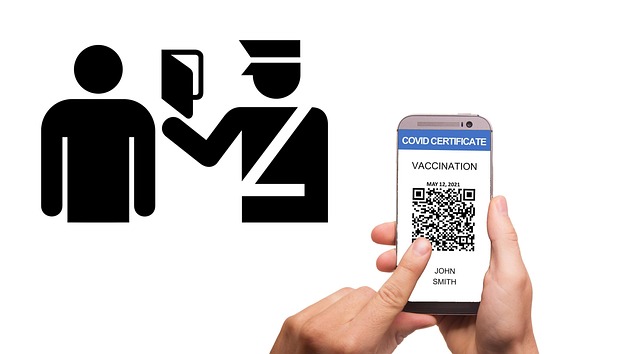E-health is reshaping the landscape of healthcare, bridging the gap between technology and medicine in unprecedented ways. As we step into an era dominated by technological and health innovations, the potential for e-health solutions is monumental, promising to enhance diagnostics and improve patient outcomes.
Technological Innovations: A New Era of Connectivity
Imagine a world where healthcare is not confined to the walls of a clinic or hospital. With the advent of technologies such as telemedicine, wearables, and artificial intelligence, e-health is making this vision a reality. Telemedicine allows patients to consult with healthcare professionals from the comfort of their homes, breaking down geographical barriers and ensuring that quality healthcare is accessible to everyone, regardless of location.
Wearable devices, such as smartwatches and health trackers, are another significant innovation that is transforming the diagnostics arena. These gadgets are equipped to monitor vital signs, track physical activity, and even detect anomalies that warrant further investigation. This continuous flow of health data empowers both patients and providers, enabling proactive management of health conditions and the quick identification of potential health issues.
Furthermore, artificial intelligence is at the forefront of revolutionizing diagnostic processes. By analyzing vast amounts of data, AI algorithms can identify patterns and trends that may elude even the most experienced healthcare professionals. This can lead to earlier detection of diseases, timely interventions, and personalized treatment plans, all of which can significantly improve patient survivability and quality of life.
Health Innovations: Enhancing Patient-Centric Care
Alongside technological advancements, health innovations are equally pivotal in shaping the future of e-health. With a growing focus on patient-centric care, healthcare systems are reimagining how they interact with patients. Patient portals, for example, allow individuals to access their health records, schedule appointments, and communicate with healthcare teams seamlessly. This shift not only empowers patients but also fosters a sense of ownership over their health and wellness.
Another notable health innovation is the integration of genomics and personalized medicine into e-health platforms. By utilizing genetic information, healthcare providers can tailor treatments to fit individual patients, improving the efficacy of therapies and minimizing side effects. This paradigm shift signifies a move away from a one-size-fits-all approach to a more nuanced, precise method of care.
Moreover, the collaboration between tech companies and health organizations is paving the way for apps that provide real-time health information and resources. From medication reminders to mental health support, these innovations bring essential services to users’ fingertips, illustrating how e-health is dedicated to enhancing the overall patient experience.
As we look to the future, the synthesis of technological and health innovations within e-health holds immense promise. The evolution of diagnostics through these avenues not only enhances detection and treatment but also enriches the patient experience, ultimately leading to healthier populations and a more efficient healthcare system.




